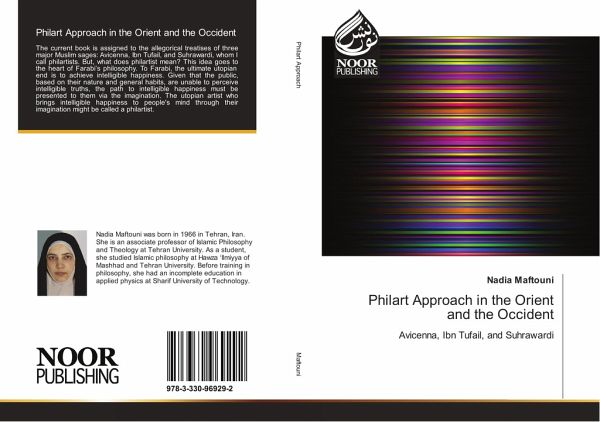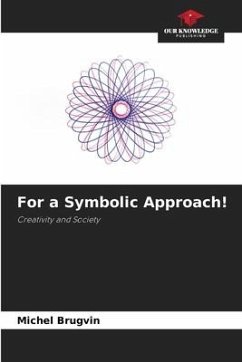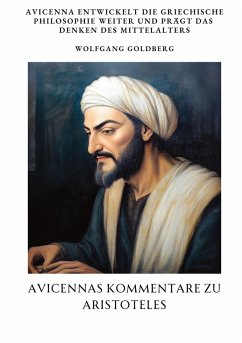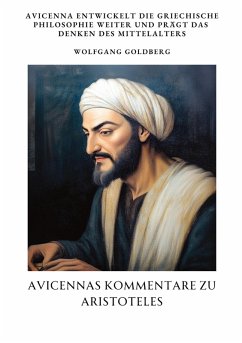
Philart Approach in the Orient and the Occident
Avicenna, Ibn Tufail, and Suhrawardi
Versandkostenfrei!
Versandfertig in 6-10 Tagen
32,99 €
inkl. MwSt.

PAYBACK Punkte
16 °P sammeln!
The current book is assigned to the allegorical treatises of three major Muslim sages: Avicenna, Ibn Tufail, and Suhrawardi, whom I call philartists. But, what does philartist mean? This idea goes to the heart of Farabi's philosophy. To Farabi, the ultimate utopian end is to achieve intelligible happiness. Given that the public, based on their nature and general habits, are unable to perceive intelligible truths, the path to intelligible happiness must be presented to them via the imagination. The utopian artist who brings intelligible happiness to people's mind through their imagination might...
The current book is assigned to the allegorical treatises of three major Muslim sages: Avicenna, Ibn Tufail, and Suhrawardi, whom I call philartists. But, what does philartist mean? This idea goes to the heart of Farabi's philosophy. To Farabi, the ultimate utopian end is to achieve intelligible happiness. Given that the public, based on their nature and general habits, are unable to perceive intelligible truths, the path to intelligible happiness must be presented to them via the imagination. The utopian artist who brings intelligible happiness to people's mind through their imagination might be called a philartist.












